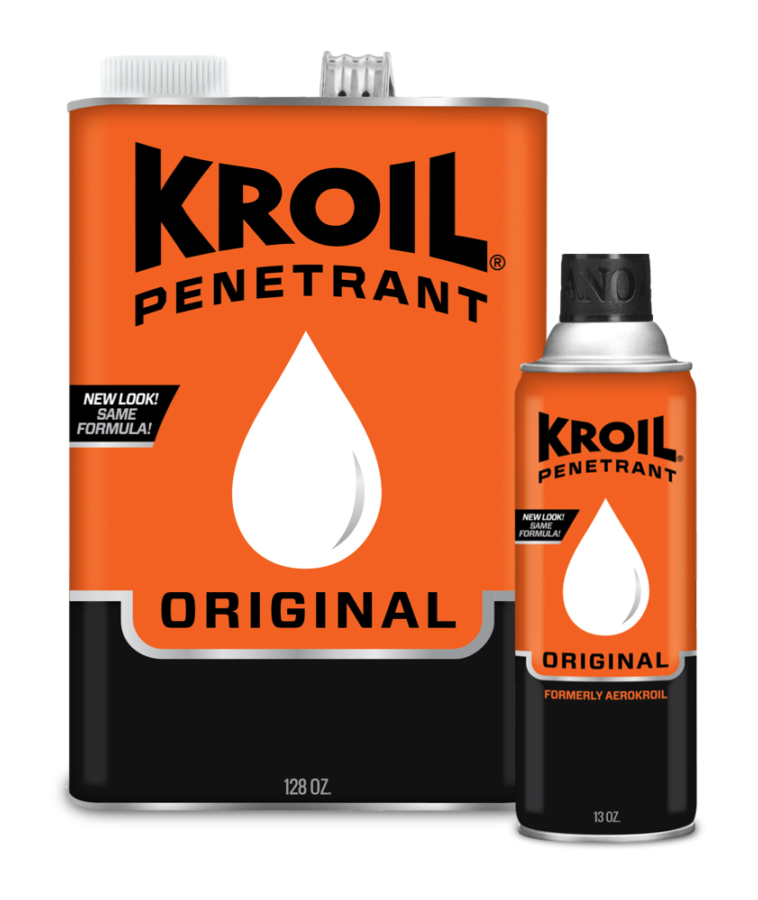Where there is metal, there is corrosion. It is a fact of life, in manufacturing and maintenance repair and operations, across industries. Rust, corrosion, seized or frozen fasteners come with the territory when working with moving metal parts.
Situations naturally differ by industry. For example, a cooling system is down. Heating, ventilation, and air conditioning (HVAC) maintenance know the water pump needs to be changed out but find the isolation valve handle won’t budge.
Brute strength alone can make it near impossible to loosen rusted nuts, bolts, and fasteners. How best to conquer this on-the-job challenge? The most dependable solution is industrial penetrating oil. It is designed to saturate narrow spaces between two parts due to its low viscosity and surface tension.
Penetrating oil seeps into threads and crevices, loosening tight nuts and bolts. The penetrant leaves a residual film which can easily be wiped away with a cloth or wipe. It is important to understand the qualities of the penetrant to be sure it can get the job done.
“Superior penetrants get into hard-to-reach cracks and tiny spaces, helping users solve problems more efficiently,” said Sevan Demirdogen, CEO – Kano Laboratories, producer of Kroil Original Penetrant and Kroil Penetrant with Silicone.
Some penetrants include additives to improve the performance of the penetrating oil.
“Many top industrial penetrants have additives in their formula to increase the longevity of the lubrication effect.” said Demirdogen.
The most common additives are:
- Extreme Pressure (EP) Additives – designed to improve wear resistance and lubricate metal surfaces. By eliminating metal-to-metal contact, the coating prevents seizure, sticking, or surface adhesion. These additives work well in high-load applications where other lubricants fail.
- Corrosion Inhibitors – used to control or eliminate corrosion. Ideal inhibitors will produce the desired effect when present in low concentrations.
- Micro Dispersants – used to envelop solid and liquid particles. The dispersant typically provides lubrication after the solvent or other carrier evaporates.
“Kroil users tell us it’s like having an extra pair of hands to help,” according to Demirdogen. “Penetrants, like ours, are fast acting which saves time and money by reducing equipment down time.”
Founded in 1939 and based in Nashville, Tennessee, Kano is a leading producer of iconic, branded penetrating oils and lubricants in the industrial maintenance, repair, and operations (“MRO”), professional specialty trades, and consumer markets. Kano has built a passionately loyal customer base around its Kroil branded products, which are used by professionals to loosen rusted, corroded, or frozen mechanical parts. For more information, visit www.kroil.com.

